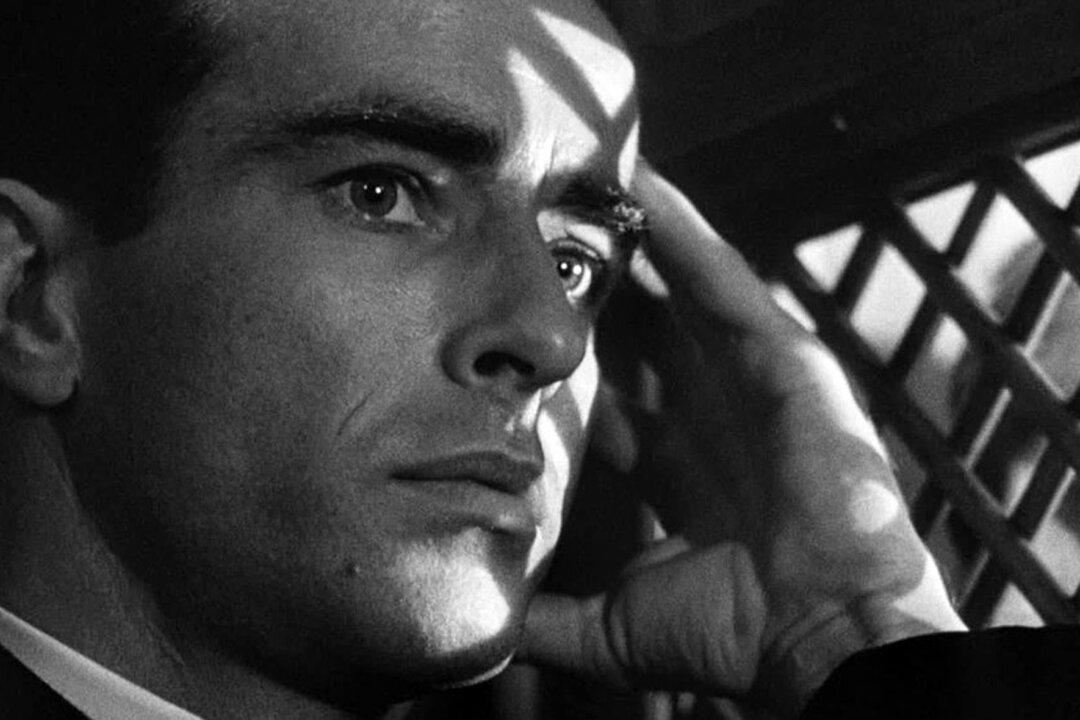NR | 1h 35m | Crime, Drama, Thriller | 1953
Having recently reviewed “From Here to Eternity,” starring Montgomery Clift who teamed up with Burt Lancaster and Deborah Kerr, I was eager to see Clift directed by Alfred Hitchcock in “I Confess” (1953).

NR | 1h 35m | Crime, Drama, Thriller | 1953